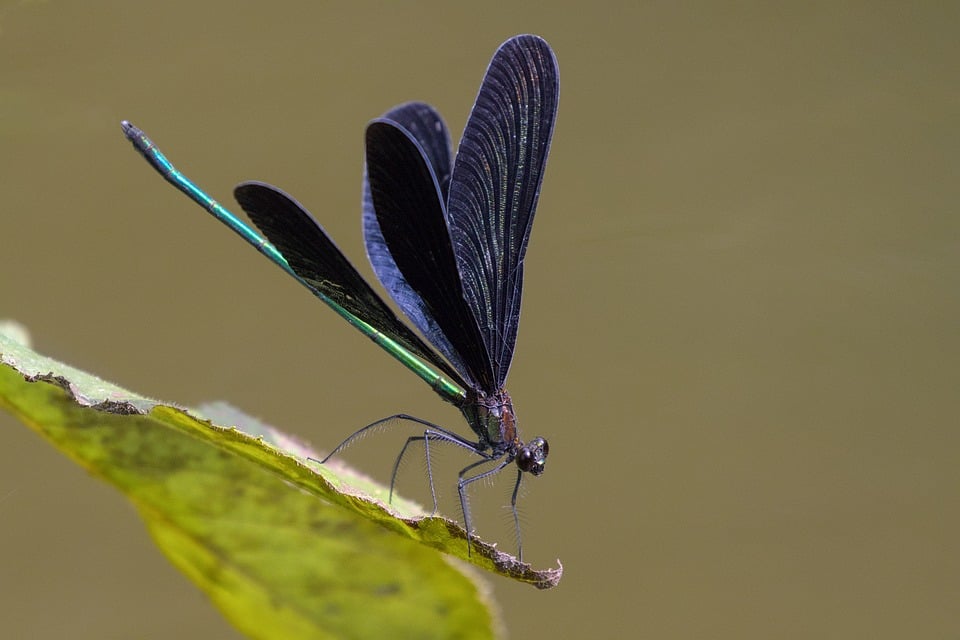As outdoor enthusiasts gear up for camping, hiking, and other adventures in nature, one persistent problem looms: bugs. Mosquitoes, ticks, and other biting insects can ruin a serene outdoor experience and, worse yet, pose health risks by transmitting diseases. To guard against these pests, an effective bug repellent is essential. But with various products on the market, each boasting its own set of claims, it can be challenging to determine what truly works and what doesn’t. Here’s a detailed breakdown of the most popular insect repellents for outdoor enthusiasts.
Understanding Bug Repellents
Bug repellents work by emitting scents or chemicals that deter insects. They vary widely in their active ingredients, effectiveness, and longevity. The most common types include:
-
DEET
- What is it? DEET (N,N-Diethyl-meta-toluamide) is a synthetic compound and one of the most effective insect repellents available today.
- Effectiveness: DEET is well-researched and recognized for its efficacy against a wide range of insects, including mosquitoes and ticks. Products can contain DEET in concentrations ranging from 5% to 100%. Higher concentrations provide longer-lasting protection but can lead to skin irritation.
- Conclusion: Works well. Choosing a DEET product with 20%-30% concentration offers a balance of efficiency and safety for most outdoor activities.
-
Picaridin
- What is it? Picaridin is a synthetic ingredient that mimics the natural compound found in black pepper plants.
- Effectiveness: Studies have shown that picaridin is comparable to DEET in repelling mosquitoes and ticks but is less likely to irritate the skin and has no strong odor.
- Conclusion: Works well. For those concerned about the smell of DEET or sensitive skin, picaridin is a great alternative.
-
Oil of Lemon Eucalyptus (OLE)
- What is it? OLE is a plant-based repellent derived from the leaves of the lemon eucalyptus tree and contains the active compound PMD (para-menthane-3,8-diol).
- Effectiveness: Studies indicate that OLE can provide protection similar to low concentrations of DEET, making it an effective natural option.
- Conclusion: Works moderately well. While effective, OLE may not provide the same duration of protection as chemical options, so frequent reapplication is necessary.
-
IR3535
- What is it? IR3535 is a synthetic amino acid used in insect repellents, primarily effective against mosquitoes, ticks, and biting flies.
- Effectiveness: Similar to picaridin, IR3535 has shown effective repellency and is less irritating to the skin than DEET.
- Conclusion: Works well. This is a solid choice for sensitive skin, although like OLE, it may require more frequent reapplying.
- Natural Oils (Citronella, Lavender, Pine, etc.)
- What are they? Various essential oils (e.g., citronella, tea tree oil, peppermint oil) are often marketed as natural bug repellents.
- Effectiveness: While some studies suggest that certain oils can offer some protection, they typically don’t last long and require frequent reapplication. Citronella is the most well-known, but its effectiveness often diminishes quickly in windy conditions.
- Conclusion: Works minimally. For dedicated outdoor enthusiasts, these should be considered supplementary rather than primary repellents.
Factors to Consider
- Duration of Effectiveness: The time each repellent remains effective varies significantly. DEET and picaridin often provide several hours of protection, while natural oils may only last for 30 minutes to 2 hours.
- Activity Level: Higher activity levels can result in increased perspiration, potentially washing away repellents more quickly. Consider a product that suits your planned activity.
- Personal Sensitivity: Individuals may react differently to certain ingredients. Always conduct a patch test before extensive application.
- Environmental Impact: Some products may have a more significant environmental impact than others. Opting for natural alternatives can be a better choice for eco-conscious outdoor lovers.
Conclusion
Choosing the right bug repellent is crucial for outdoor enthusiasts looking to enjoy their adventures without the nuisance of insects. While DEET remains a top choice for its proven effectiveness, alternatives like picaridin and oil of lemon eucalyptus offer viable options, especially for those with sensitive skin or a preference for natural ingredients. Ultimately, understanding the differences between repellents and considering personal factors will lead to a better outdoor experience, free from the incessant bite of bugs. Happy adventuring!
